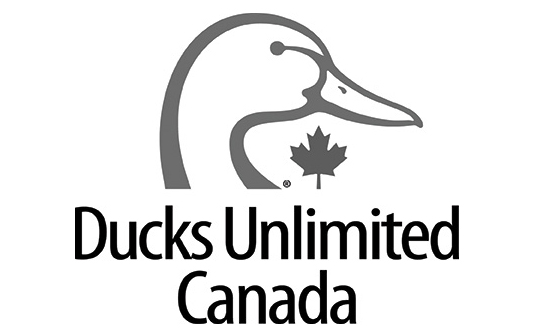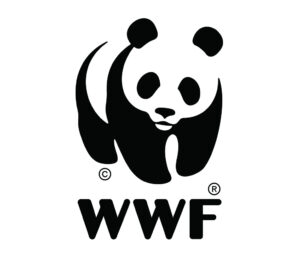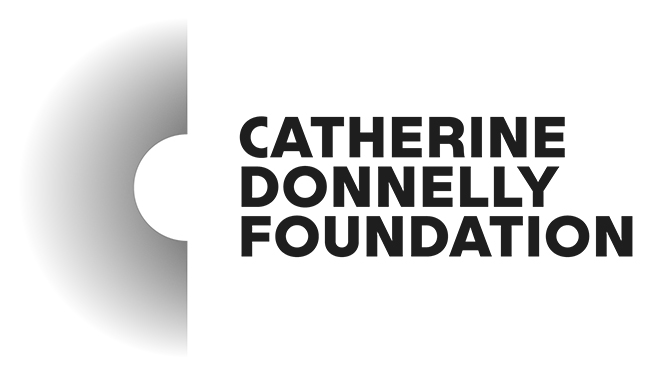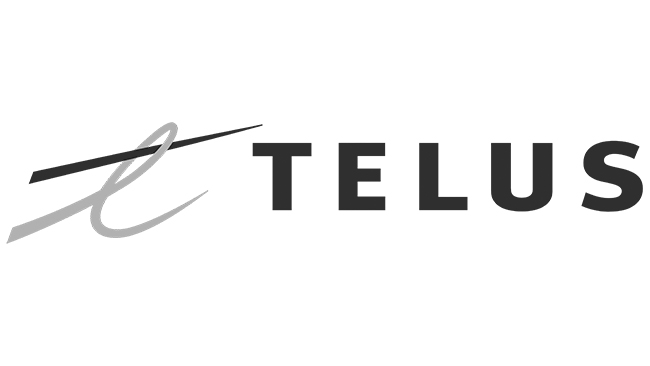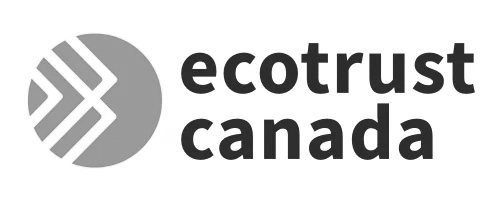RAD Response: Federal Protocol for Offsets on Public Lands
October 2024
The RAD Network connects Indigenous governments to tools and resources to help advance their land relationship visions. When new tools are being developed, we want to make sure that they respond to Nations’ priorities and are designed in a way that upholds Indigenous rights. Most recently, we facilitated a process to influence the federal protocol for projects on Crown and public land in Canada’s Greenhouse Gas (GhG) Offset Credit System.
Environment and Climate Change Canada (ECCC) published a discussion paper, Facilitating Projects on Crown and Public Land in Canada’s Greenhouse Gas Offset Credit System (PDF version HERE). The paper lays out considerations for offset projects on “Crown” or public land within the federal GhG Offset Credit System. The RAD Network convened two online conversations to synthesize comments on the discussion paper, with the goal to ensure that Indigenous rights and responsibilities are at the centre of the resulting protocol. From these conversations we’ve created a template letter to support Nations/orgs/individuals to submit their own comments.
Why does this matter?
ECCC already released a protocol for projects on private lands following a similar discussion paper and engagement process in 2022, for which the Conservation through Reconciliation Partnership (CRP) facilitated a joint response with early members of the emerging RAD team. The response critiqued ECCC’s exclusion of public lands from the proposed protocol. Read the full 2022 legal memo here.
Private lands make up a relatively minimal portion of the country. The public lands protocol will be particularly important since it applies to nearly 90% of Canada’s land mass – all of which intersects with Indigenous territories.

State-recognized Indigenous lands in Canada (left), versus Indigenous territories as described at native-land.ca (right). (Source: Artelle et al., 2019, https://doi.org/10.1016/j.biocon.2019.108284.)
There could be a real threat to Nations through jurisdictional control if this protocol is finalized with incorrect basic assumptions. RAD wanted to co-create robust comments for ECCC, to ensure that Indigenous rights and responsibilities are at the center of the resulting protocol.
What did we hear?
We facilitated a network dialogue to share what we know and hear from people on the ground who might use or be impacted by the protocol. We then held a smaller Policy Input Circle and follow-up conversations with technical and legal experts to create a solid set of recommendations.
Based on these conversations, we developed a set of recommendations and a template letter to support Nations, organizations and individuals to submit comments to ECCC. Click here to access the template letter.
Key recommendations:
- Carbon rights: Recognize that Carbon Rights are sui generis Aboriginal rights, residing with Indigenous Nations and not with the Federal, Provincial or Territorial governments.
- Provinces and territories: Remove provincial/territorial oversight requirements and ensure a backstop mechanism is in place for the Federal government to intervene when Provinces/territories pose unreasonable barriers to Indigenous-led projects.
- Indigenous leadership: Require that all carbon projects on Traditional-Use territory have an Indigenous Project Proponent or Account Holder. All projects advancing on public lands should be preferentially led by rights-holders whose traditional-use territory it is. No projects should happen on public lands that are led by the province or territory.
- Consent: Ensure that consent from rights-holders is dynamic and revisited regularly, with participation of all rights-holders in a given community (i.e. not reduced to consent of a Band Council or Indigenous government).
- Land use types: Clarify protocol for different land use types, to address the fact that many projects and traditional territories cover multiple land types.
- IPCAs: All IPCAs should qualify for additionality in federal and provincial carbon market standards, whether or not they were established prior to the development of a carbon offset project.
- Lessons from existing protocols: Draw from and improve upon aspects of existing protocols, including FCOP 2.0 and the Improved Forest Management Private Land federal offset protocol. (See letter for details.)
For a deeper dive on this topic, see this briefing note provided to the RAD Network by Wahkohtowin Development. The authors welcome you to use text from the briefing note in crafting your own comments to ECCC.
Extending our sincere thanks to all who have supported this process. Thank you, miigwetch, masih, anushiik, ekosani, niá:wen, nitsiniiyi’taki, woliwon, wela’lin, hai hai, ƛ̓eeko, marsi, ᖁᔭᓇᐃᓐᓂ, giaxsixa, merci.




